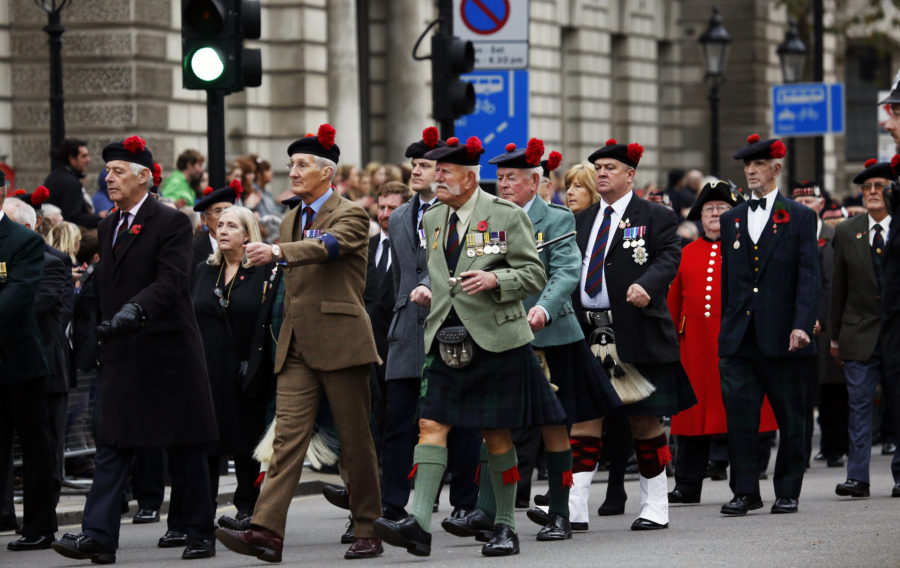
Combat Stress, the UK’s leading mental health charity for veterans, has released results of a survey that show Scottish veterans helped by the charity face higher levels of deprivation than those living in the rest of the UK.
‘Multiple deprivation in help-seeking UK veterans’ is a new research paper published on Tuesday 31 January by the leading mental health charity for veterans. It is the first study of its kind in the UK to explore experiences of deprivation in veterans with mental health issues.
The UK Government’s Index of Multiple Deprivation (IMD) and the Scottish Index of Multiple Deprivation (2012) – which measure different social and economic types of deprivations such as financial, health and education – were used to analyse over 3,000 veterans.
Combat Stress’ report found that Scottish veterans with mental health conditions are at a greater risk of deprivation than those from elsewhere in the UK. Veterans in Scotland faced particularly high levels of deprivation in income and employment, and 50% of veterans were found to reside in the most deprived three deciles.
Sue Freeth, Chief Executive at Combat Stress, said: “The findings from our new report highlight the significant challenges that Scottish veterans face.
“The 71% increase in referrals that we have experienced in the last five years illustrates the rising demand for Combat Stress’ services. We welcome support for veterans and our work from the Scottish Government, including the Scottish Veterans Fund.
“We hope that Government, support agencies and charities can work together to minimise the challenges faced by veterans who are already dealing with a range of complex issues.”
The report explored demographics, multiple deprivation (using the IMD), military history and help-seeking from a national sample of UK veterans who were at all stages of treatment at Combat Stress. The sample comprised of 3,120 veterans who were all active clients of Combat Stress as of 1 February 2016 and had had an appointment with the charity in the preceding year.
If you would like to join our community and read more articles like this then please click here








